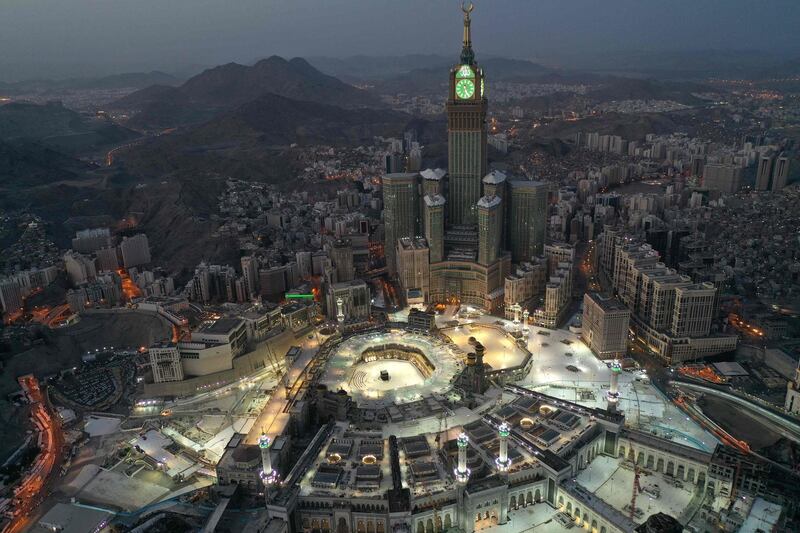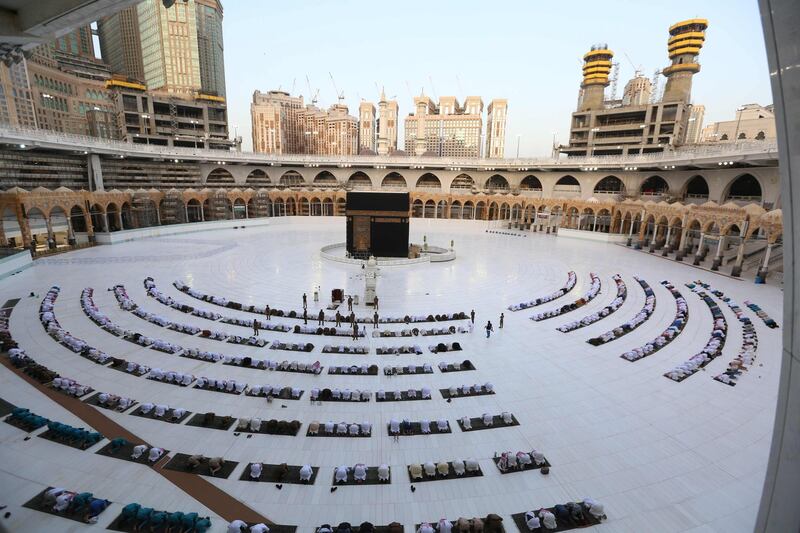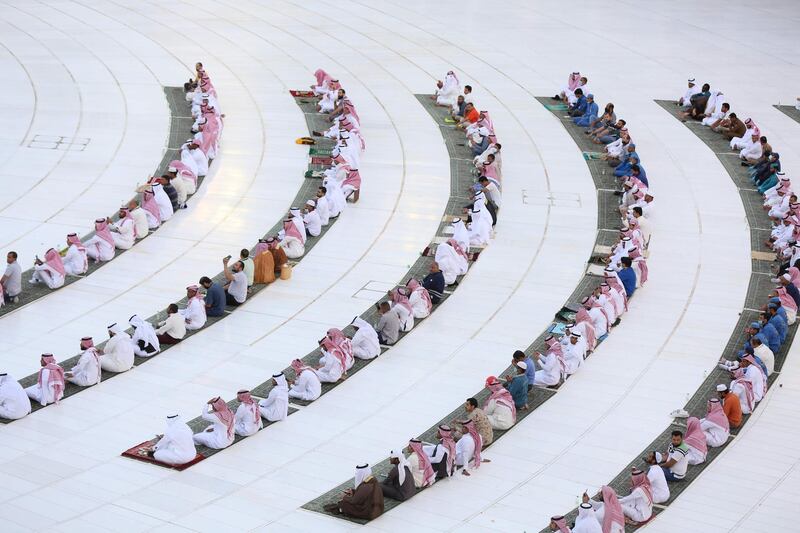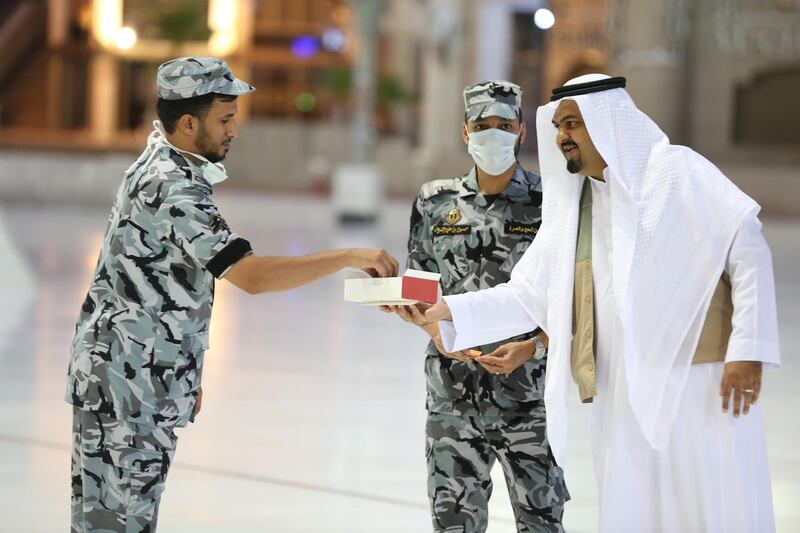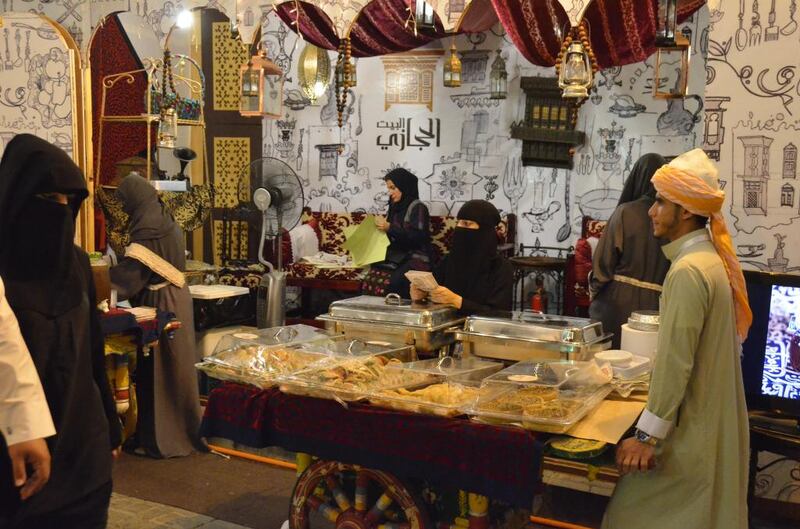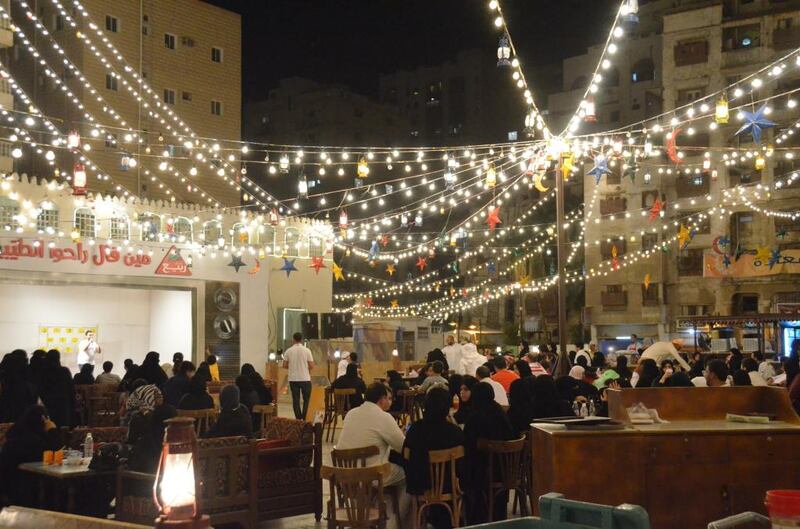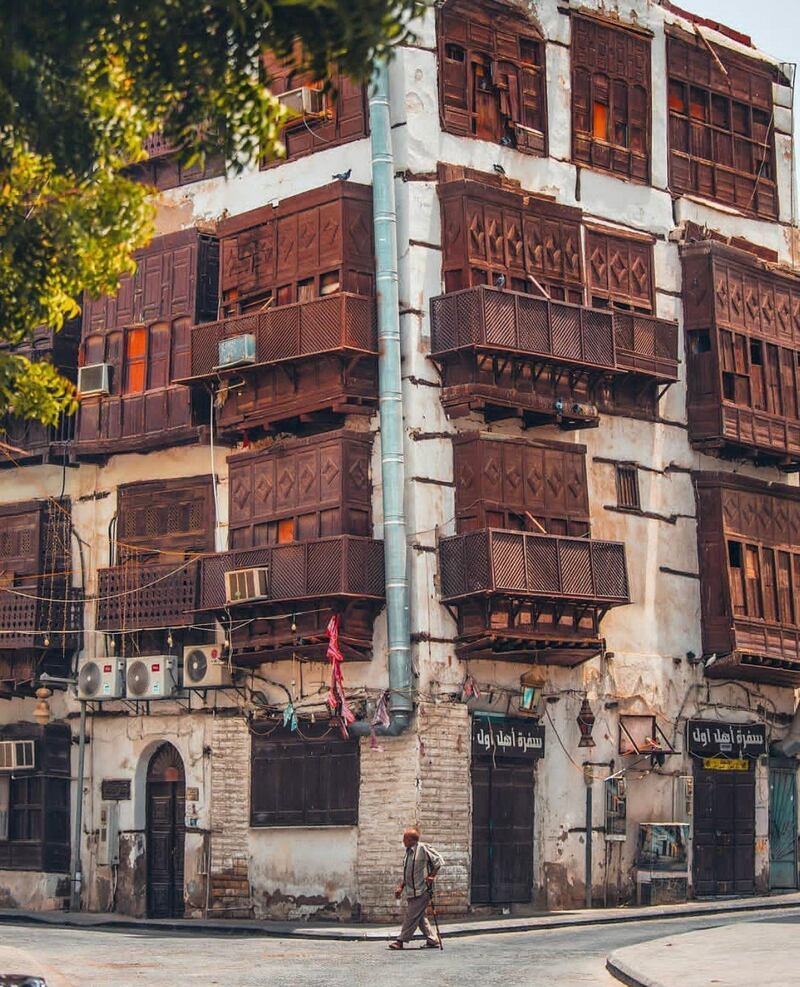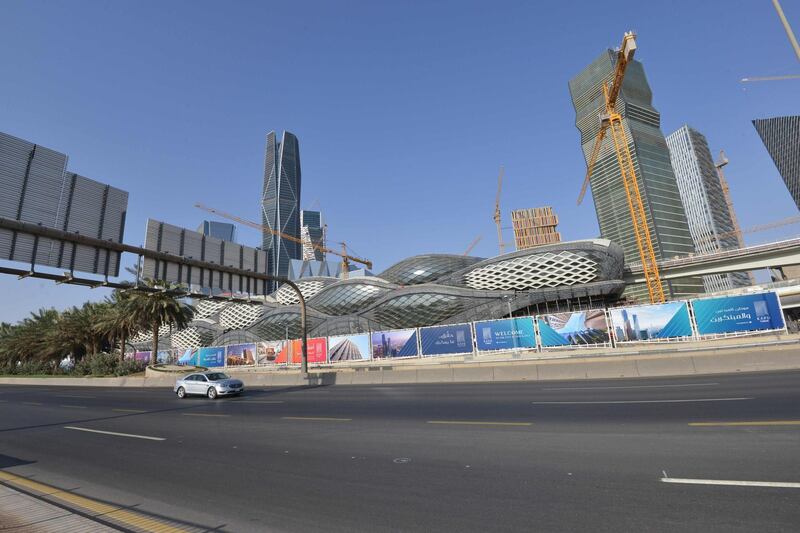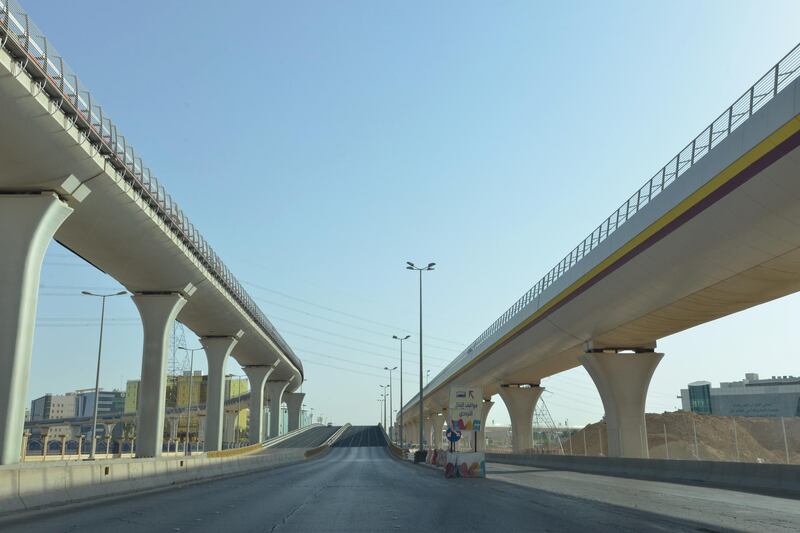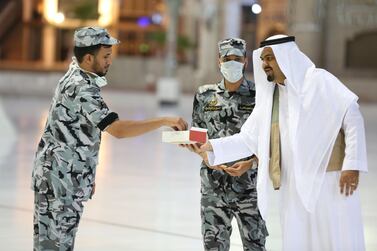Saudi Arabia, like many countries around the world, is experiencing an Eid Al Fitr like no other.
"This Eid is not just a little different, it's entirely different," Dr Turky Al Solami, Assistant Professor of TESOL and Technology at King Abdulaziz University, told The National.
"We are accustomed to certain traditions to follow during Eid Al Fitr – visit each other's houses, to have big meals together – so, the whole week is like one long festival. Not this time."
Praying at mosques, visiting relatives, exchanging gifts and spending the night at special parties with families and friends are common traditions for Saudis during Eid.
But this year, the authorities announced a 24-hour curfew from May 23 – the day before the celebrations began – until May 27 when the holiday ends.
Makkah and Madinah quiet at the beginning of Eid
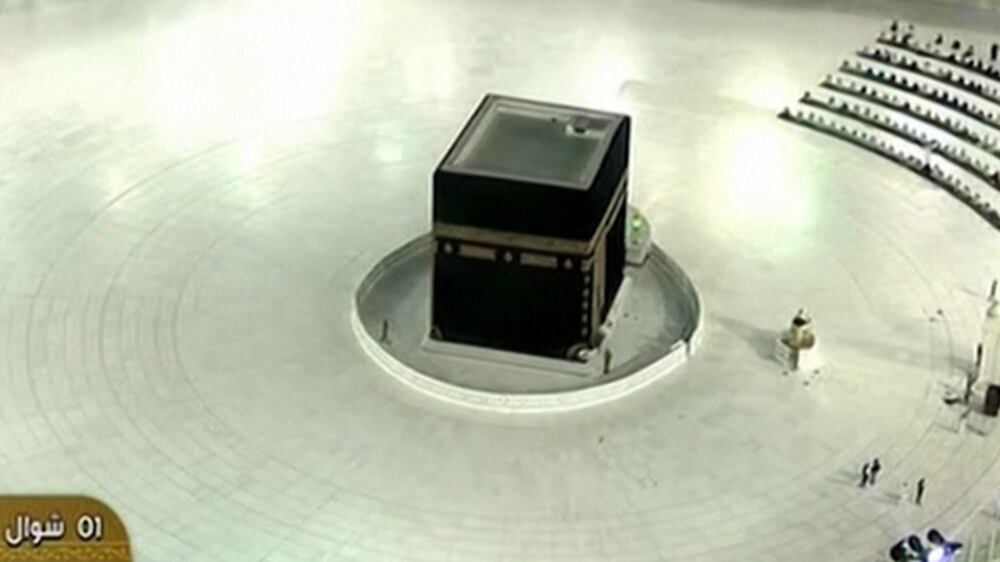
Mr Al Solami said that this year, smartphones, instant messaging applications, video calls and social media are replacing the face-to-face gatherings. "Covid-19 has changed our social life," he said.
Meanwhile, Adel Al Harbi, who works in Makkah, usually takes his wife and three children to Jeddah, 66 kilometres away, to spend Eid with extended family.
But this year he has stayed home.
"Normally on Eid day, we go to the Holy Mosque in Makkah for Eid prayers then we drive all the way to Jeddah to see my parents and also gather with all members of our family and have a big feast," he told The National.
"Then we spend time with all relatives, doing family activities and visiting other relatives before a big get-together at my friends' house."
This year, Mr Al Harbi and his family will look for new ways to stay entertained as they spend the holiday within their apartment.
Many Saudis also use the extended break to travel. With airports around the world closed and flights grounded, that is no longer possible.
"As a single person, I usually travel to Egypt or Dubai to spend Eid with friends but this year I will not be able to travel or even go out," said Faris Al Amoudi, 26. "Unlike the previous Eid, this one will be quite different."
He said that he will have a virtual Eid party with his family and friends on the Zoom video chat application. He also has a long list of movies to watch.
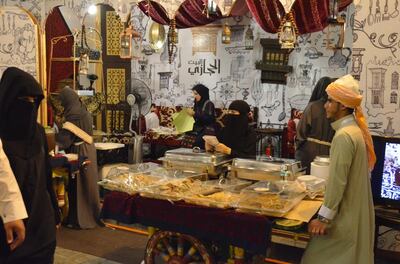
In the coastal city of Jeddah, Saudis and expatriates usually pass Eid with plays, firework displays, comedy shows or children's performances.
In the heart of the city's Al Balad neighbourhood, the Historic Jeddah Festival usually gives visitors a realistic glimpse of how Eid was in the old days. There, storytellers sit with children and narrate accounts of how Hijazi families spent Eid long ago and regale crowds with folklore displays.
Sami Halawani, 43, who lives in Jeddah's old quarter, said that Al Balad is almost unrecognisable. The historical area usually hosts an estimated 100,000 visitors a day during Ramadan and Eid, but this year it has been empty due to the coronavirus lockdown.
"Al Balad is one of the favourite places for many people to go during Ramadan and Eid nights for its festive mood, and the area is a living cocktail of cultures and traditions," he explained. "But it is like a ghost town this year. Sure, we see some people during the day for a few hours but at night it is deserted."
